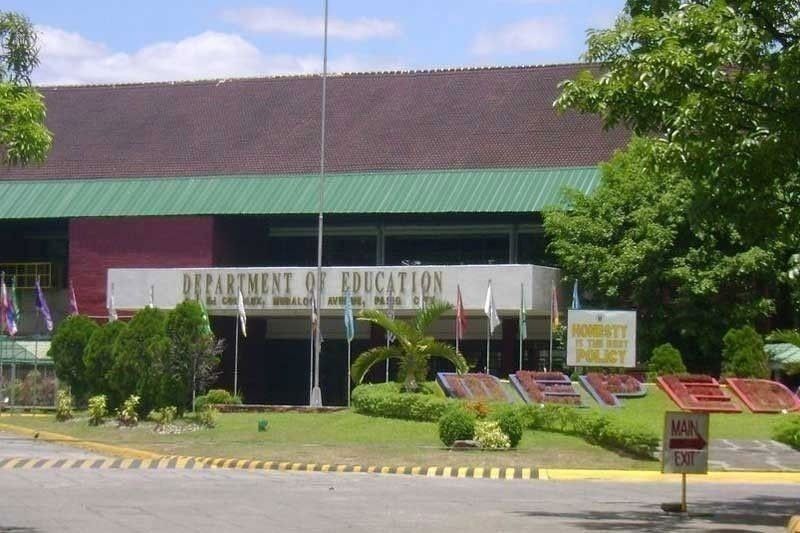
Upgrade to High-Speed Internet for only ₱1499/month!
Enjoy up to 100 Mbps fiber broadband, perfect for browsing, streaming, and gaming.
Visit Suniway.ph to learn
Jean Mangaluz - Philstar.com
May 14, 2025 | 11:08am
A voter's finger is seen marked with indelible ink at a polling station during the midterm elections in Manila on May 12, 2025.
AFP / Jam Sta Rosa
MANILA, Philippines — While Filipinos tend to vote in droves, do they stay politically engaged after election day? Not really, according to a new report from Ateneo schools.
The 2025 midterm elections are wrapping up, with most ballots already turned in. The Commission on Elections (Comelec) has proclaimed winners in several areas and 12 new senators are expected to be announced by the end of the week. The next national elections will be in 2028, when voters choose a new president. So, what happens in between?
The Philippine Observatory on Democracy (POD), a consortium composed of the different Ateneo schools and partner institutions, found that while voter turnout is high, civic engagement tends to drop after.
A total of eight out of 10 urban Filipinos said that they voted in presidential elections — a notably high figure. Meanwhile, six out of 10 people will discuss politics with their families, the study found.
Participation dipped even further when it came to attending local meetings and engaging with community issues, with only four in 10 urban Filipinos doing so.
Meanwhile, three in 10 Filipinos say they don’t feel a sense of belonging in their communities. As a result, they don’t take part in local activities.
The finding suggests that democracy is more linked to one-time elections rather than long-term civic engagement.
“Deliberative democracy entails the engagement of people as equals in shaping policies that affect their lives. Without such dialogue, meaningful political engagement and accountability weaken. Thus, a narrow focus on elections in political participation among urban Filipinos may be concerning,” the report said.
The study was conducted in 2024, focusing on several urban areas in the country: Naga City, Metro Manila, Cebu City, Cagayan de Oro City, Davao City and Zamboanga City. It made use of multi-stage random (probability) sampling design, with 842 respondents in total. The margin of error is +-5.2% and the confidence level is 95%.
The report is part of an ongoing effort by the consortium and a deeper analysis of results is underway. The POD released the results in April, shortly before the 2025 midterm polls.

 3 weeks ago
8
3 weeks ago
8



